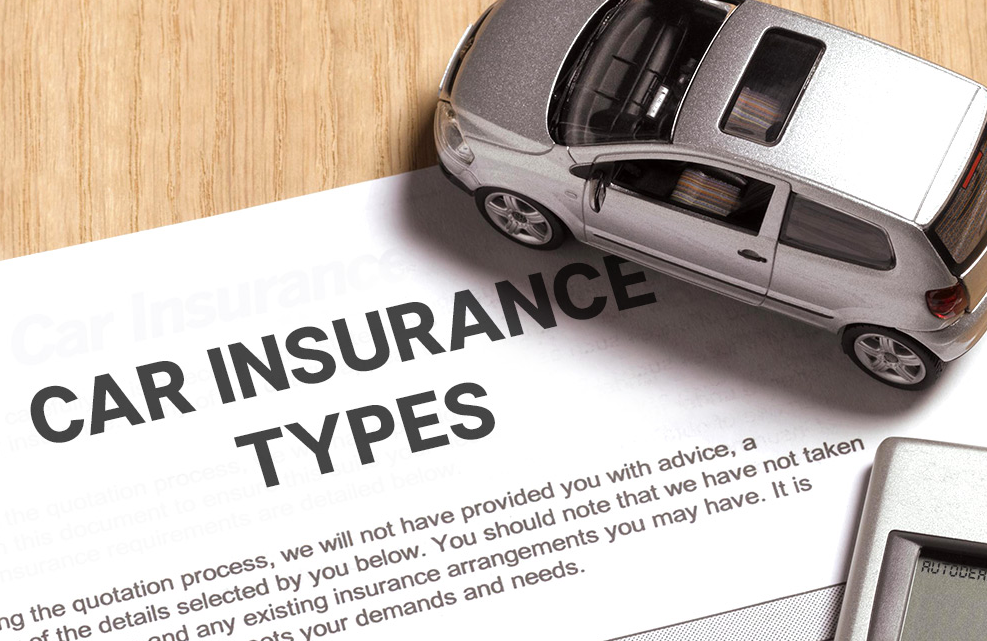Types of Car Insurance
There are several different types of car insurance available on the market today. Each of which caters to different needs, cars and life stages. Here are the main kinds that you can choose from:
Comprehensive Cover
This kind of car insurance covers your vehicle for accidental damage, theft and hijack. As well as injury to other people or damage to their vehicle in an accident
Balance of Third Party, Fire and Theft Insurance
This provides you with cover for damage to the other party’s vehicle in the event of an accident, and for your vehicle in the event of loss by theft, or fire.
Balance of third party
This is the most limited kind of car insurance cover. It does not cover you for damage to, or the loss of, your own vehicle. But it covers the costs of damage to the other car in an accident you cause
Limited Cover
This covers your vehicle for damage caused by fire, theft and hijack, as well as injury to other people or damage to their property. Accidental damage to your vehicle is not covered.
Liability to Other People
This covers you for liability to other people where an accident caused death or injury to them or damage to their property.
Essential Cover
This is a no frills type of car insurance. For older, lower value vehicles where you choose the combination of and amount of cover that you need.
Options and Benefits:
- Medical payments coverage assists in paying medical expenses, even if the insured person is injured in somebody else’s vehicle. Uninsured motorist coverage protects against expenses incurred as a result of an accident. That is caused by another individual who is either uninsured or who has inadequate coverage.
- Cars can be covered for their retail value. This means that you will pay a fixed excess. And that repairs done are guaranteed for 12 full months.
- The provision for extending coverage to others driving your car with your permission.
- Twenty four hour emergency roadside assistance if you get stuck on the side of the road or are involved in an accident
- Cash bonuses for not claiming. This acts as an incentive for people to drive more responsibly. As the less often they need to claim, the more money they’ll get back.
Until next time.
The MoneyShop Team
This article has been prepared for information purposes only and it does not constitute legal, financial, or medical advice. The publication, journalist, and companies or individuals providing commentary cannot be held liable in any way. Readers are advised to seek legal, financial, or medical advice where appropriate.




